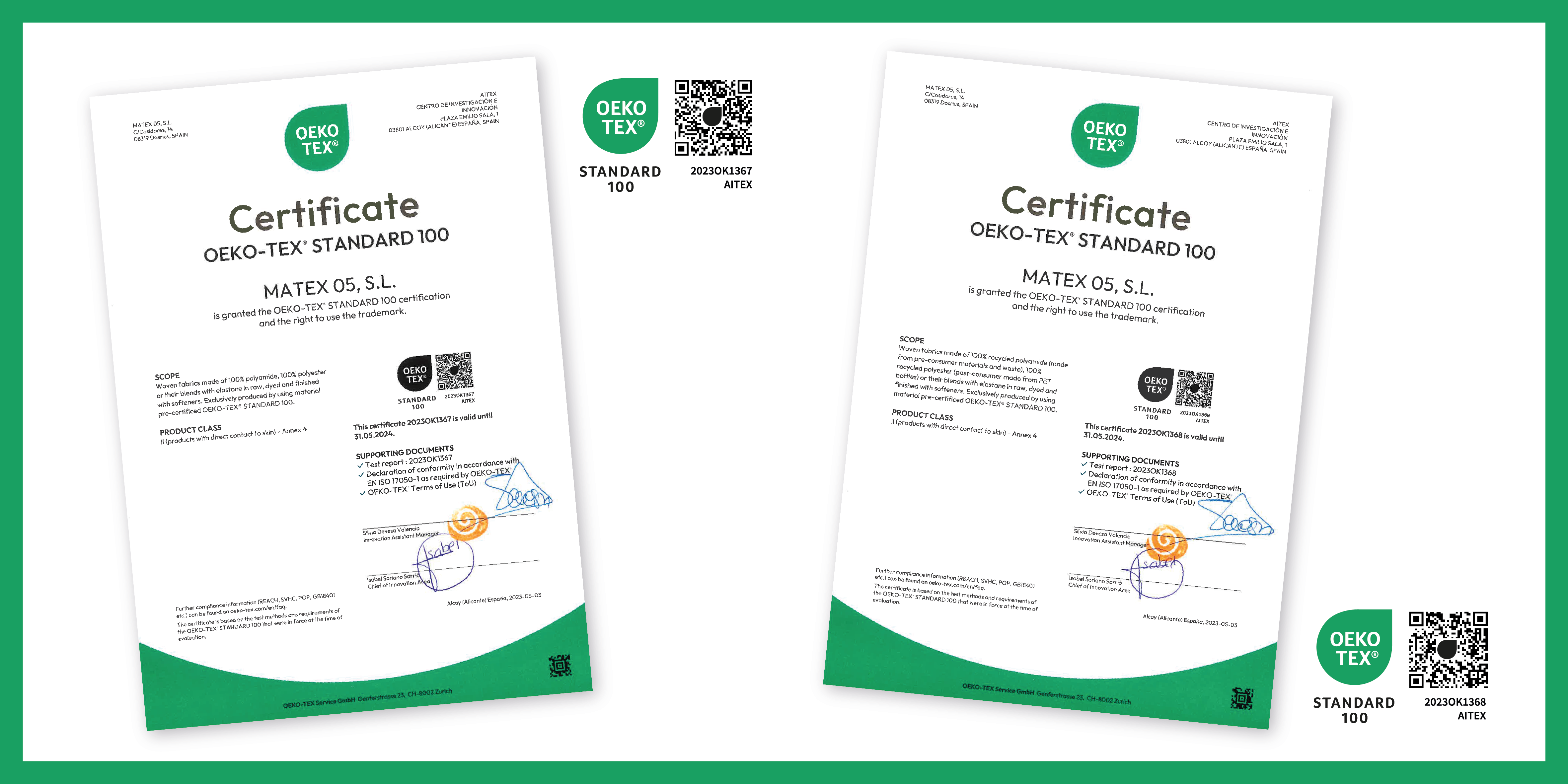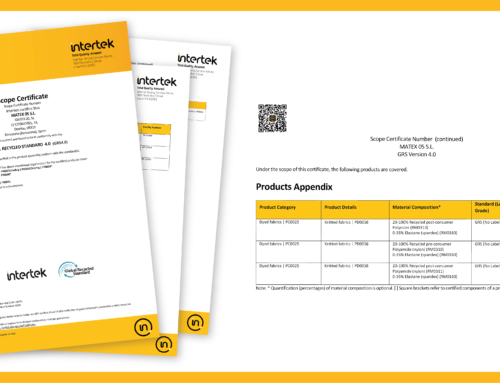What is OEKO-TEX® Standard 100?
The OEKO-TEX® Standard 100 is a globally recognized certification system for textiles. It was developed by the International Association for Research and Testing in the Field of Textile Ecology (OEKO-TEX®) and aims to ensure that textile products are free from harmful substances that could pose risks to human health.
What does it involve?
The certification process involves rigorous testing and evaluation of textile products at all stages of production, including raw materials, intermediate stages, and the final product. The testing criteria are based on international standards and regulations and cover a wide range of potentially harmful substances, including but not limited to:
1. Illegal substances: Substances that are prohibited by law, such as certain azo dyes, flame retardants, and pesticides.
2. Harmful chemicals: Substances that are known to be harmful to human health, including heavy metals, formaldehyde, phthalates, and many others.
3. Substances with potential health risks: Substances that might not be explicitly regulated but are known to have potential health risks, such as allergenic dyes or certain organic compounds.
What does it offer?
Textile products that meet the criteria set by the OEKO-TEX® Standard 100 receive certification, indicating that they have been tested and found to be free from harmful substances. The certification is typically valid for one year and must be renewed annually to ensure ongoing compliance.
The OEKO-TEX® Standard 100 certification provides consumers with confidence that the textile products they purchase have been tested for harmful substances and are safe for use. It is widely recognized and trusted by both consumers and manufacturers in the textile industry.
MATEX and OEKO-TEX®
MATEX has precisely two OEKO-TEX® Standard 100 certificates to differentiate and guarantee compliance with all quality requirements for both conventional and recycled fabrics.





Leave A Comment
You must be logged in to post a comment.